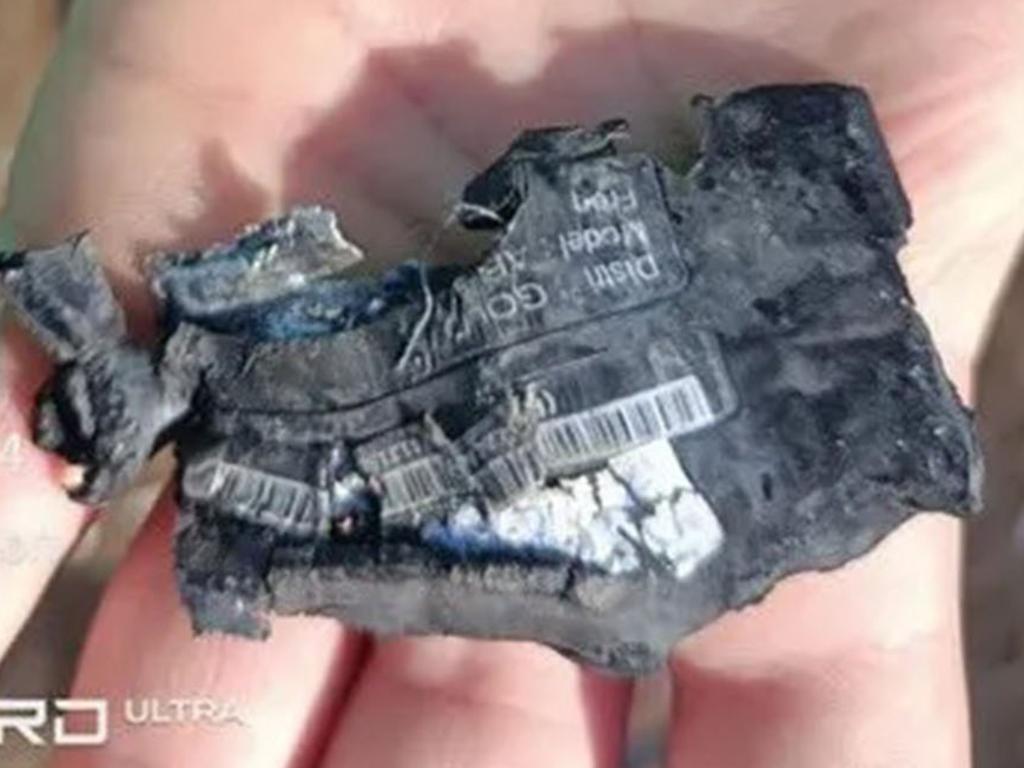Low tech pagers turned into ticking time-bombs: how the Hezbollah attacks unfolded
At 3.30pm on Tuesday, thousands of Hezbollah members were carrying out mundane chores when their pagers started ringing, simultaneously, across the country. Seconds later they exploded.

At 3.30pm on Tuesday afternoon local time, thousands of members of Lebanon’s militant Hezbollah group were going about their ordinary daily lives – working in offices, chatting in the street, shopping for vegetables in the local market – when their pagers started ringing, simultaneously, across the country.
Within seconds, thousands of people would be injured, hundreds blinded and 12 killed – including an eight-year-old girl.
As the ringing started, some Hezbollah members took the pagers out of their pockets to peer at the incoming message, which appeared to be from leaders of the militant group. Others ignored the ringing and left their pagers on their hips or in their pockets – where they blew up, throwing their owners to the floor with terrible injuries.
Hundreds of those who had started to read the message were blinded, including Mojtaba Amani, Iran’s ambassador to Lebanon, who lost one eye and was badly injured in the other, according to Iran’s Revolutionary Guards. At least 3000 were wounded, 200 critically, with injuries to their hands, faces, groins and legs.
Videos on social media showed a motorcyclist unconscious and slumped against a car with injuries to his upper leg. Another had his hand blown off, while he also suffered gaping abdominal wounds.
Another man’s pager blew up as he shopped in a vegetable market, throwing him to the floor and sending other shoppers fleeing, while yet another lay unconscious in the street, his arm thrown across his face.
Some Hezbollah members were saved when they felt the pagers heat up and disposed of them before they exploded.

Within hours, Lebanon’s hospitals were over-run with the wounded, and with ordinary Lebanese arriving to donate blood.
The Iran-backed group immediately blamed Israel and swore vengeance for an attack they could never have seen coming, on devices which they had started to use to keep them safe from Israeli surveillance and attacks.
Unbeknown to them, their low tech devices, a modern version of the 1980s pager, had become ticking time bombs.
Ironically, the attack had its provenance in the order earlier this year from Hezbollah leader Hassan Nasrallah to his fighters, to stop using mobile and smart phones which Israeli intelligence was tracing and hacking.
Since the October 7 massacre, Israeli military had extraordinary success in removing most of Hamas’s leadership, some of whose mobile phones had given away their whereabouts.
The militant group’s new leader Yahya Sinwar has learned from those assassinations, and now communicates only by hand-written notes sent out via a complex courier system.

In Lebanon, fighters dumped their mobiles and were instead given the old fashioned pagers, which could not be traced and were, they believed, safe from cyber-attacks. An additional plus was that, unlike mobile phones, pagers could be used in cellular dead zones and have long-lasting batteries.
Consequently, more than 3000 pagers were ordered from the Gold Apollo company in Taiwan and distributed among Hezbollah’s membership not just in Lebanon but in Syria and Iraq. But Gold Apollo said on Thursday the pagers were manufactured in Budapest by BAC Consulting KFT.
Hezbollah hadn’t taken into account the ingenuity of Israeli intelligence agencies which, according to reports, intercepted the shipment before recreating them as miniature bombs.
Tiny amounts of explosives – as little as 50 grams – were placed inside the pagers, next to the batteries, officials have told The New York Times. Agents also embedded switches that could be triggered remotely.
In mid-afternoon, the pagers began beeping. At the same time a message appeared on their screens that appeared to come from Hezbollah headquarters. In reality, they were the trigger to activate the explosives.

The attack is not just the most devastating attack on Hezbollah in decades. It has essentially destroyed the group’s last method of communication, along with its ability to easily co-ordinate a return attack.
Without mobile phones or pagers now, the militants may be forced to resort to the Sinwar playbook of communication - hand-written notes and a network of couriers.
Israel has refused to comment on the attacks. However, the blasts came shortly after Israel’s security agency Shin Bet announced it had foiled an attempt by Hezbollah to assassinate a former senior Israeli security official using a remotely detonated explosive device.
The attack was intended to have been carried out in the coming days, The Times of Israel reports. Shin Bet said it uncovered a Claymore-style anti-personnel mine, known to be in Hezbollah’s possession, which had a remote detonation system, including a camera and a cellular connection, which would have allowed Hezbollah to activate it from Lebanon, Shin Bet said.
On Monday local time, Israeli Prime Minister Benjamin Netanyahu announced that Israel was expanding its war goals to include the return of Israelis who had been evacuated from northern communities after months of rocket strikes from Lebanon – an announcement that was widely interpreted as a warning about imminent action against Hezbollah.
With Jerusalem under increasing pressure to return the tens of thousands of evacuees, Defence Minister Yoav Gallant also warned on Monday that fading prospects for diplomacy were leaving military action as the only alternative.
Hezbollah swore vengeance, warning: “This treacherous and criminal enemy will certainly receive just punishment for this sinful aggression, whether he expects it or not and God is witness to what we say’’.
The group had earlier affirmed that they were at the highest readiness “to defend Lebanon and its steadfast people against the Zionist enemy”.
Washington has confirmed the US did not know about the attack in advance.






To join the conversation, please log in. Don't have an account? Register
Join the conversation, you are commenting as Logout